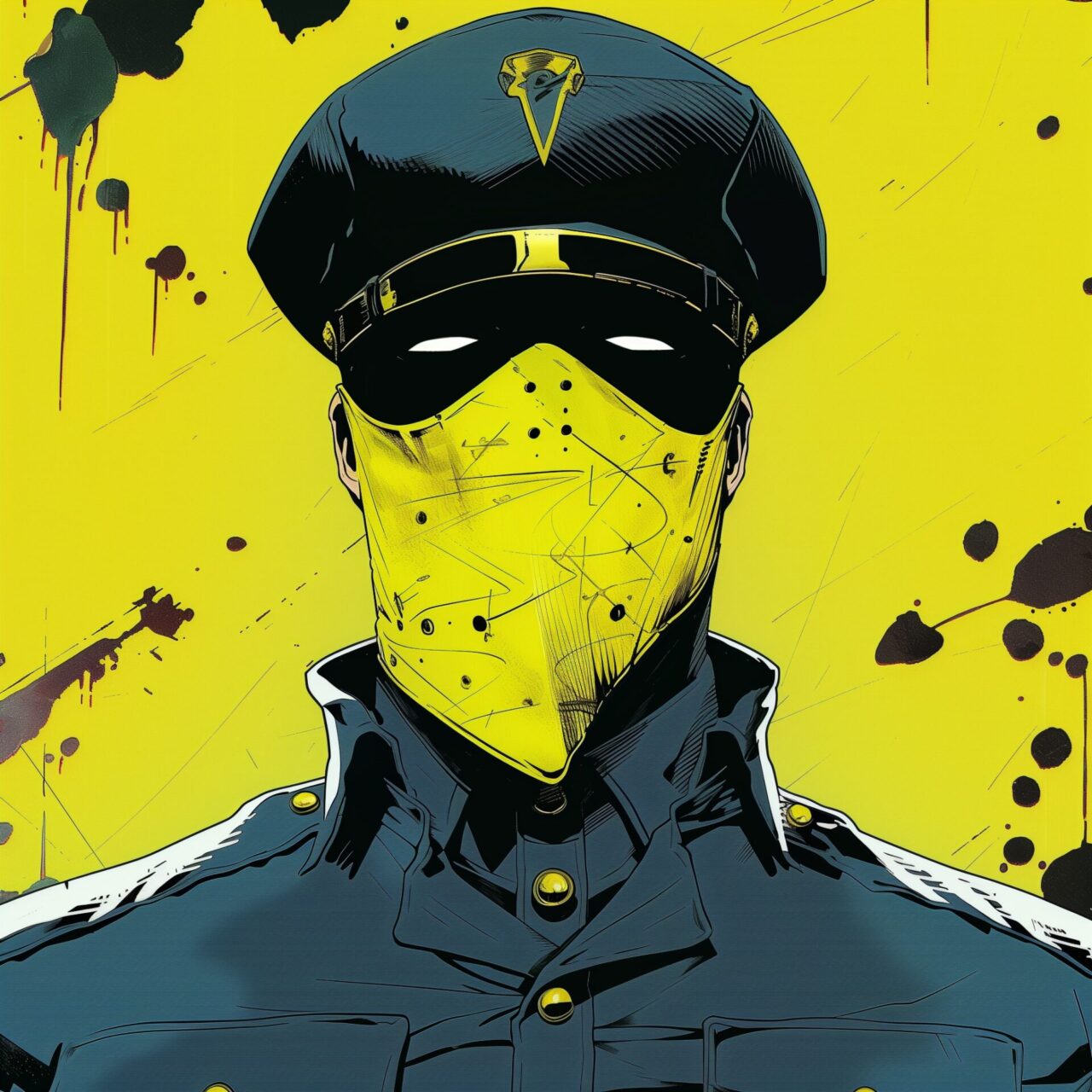
This Perfect Day
In 1970, when the internet was still in its infancy and artificial intelligence was more science fiction than scientific reality, Ira Levin published “This Perfect Day” – a novel that explores the boundaries between utopian perfection and dystopian control. With a precision that seems almost prophetic, Levin paints a picture of a world controlled by a supercomputer that regulates every aspect of human life. In this society, individual freedoms are subordinated to the collective good, and the concept of personal identity seems almost completely eradicated.
A computer called UniComp – the ultimate Big Brother
In “This Perfect Day”, the computer UniComp rules, knows everything, sees everything and monitors every citizen. Each person carries a personal code that includes not only identity, but also genetic information, health status, education and profession. The inhabitants of this world are regularly manipulated through drugs in their food and environment to ensure conformity and suppress any form of dissatisfaction or non-conformity. This totalitarian utopia, or rather dystopia, shows the dark side of a technocratic society in which technology is used to restrict freedoms rather than expand them.
The illusion of perfection and the rebellion against it
The novel’s protagonist, Chip, a name that ironically emphasises his dehumanisation, begins to question the façade of a perfect society. His journey from blind acceptance to critical scrutiny and finally to active resistance is a classic tale of awakening from ignorance. Chip discovers that the homogeneity and perfection of his world comes at the expense of human diversity and creativity – a high price to pay for social stability.
Scientific and philosophical underpinnings
Levin’s novel delves deep into the philosophical question of what actually constitutes a human being. Is it the sum total of our genetic data and social functions or the unpredictability of our thoughts and feelings? The scientific aspects of the novel, in particular genetic manipulation and the use of psychotropic substances to control the population, were futuristic speculation at the time, but feel uncomfortably real today.
Parallels to the modern technological society
The paranoia about surveillance and control in “This Perfect Day” mirrors our contemporary fears of data breaches and the ubiquity of surveillance technologies. In an era where algorithms determine what news we see, what products we buy and what opinions we are presented with, Levin’s vision seems less like fiction and more like predictive analysis.
Pop culture resonance
The novel may not have the same pop culture presence as Orwell’s “1984” or Huxley’s “Brave New World”, but its themes are echoed in modern dystopias like “Black Mirror”, which ask similar questions about technology and freedom. Chip’s story is a reminder that in a world where technology has the potential to manipulate our deepest desires and fears, the fight to preserve our humanity is perhaps the most important one we can wage.
“This Perfect Day” may be a product of its time, with its retro-futuristic computers and a clear division between good and evil, but the questions it raises are timeless. In a world that increasingly resembles the one Levin describes, the novel offers an important perspective on the potential costs of a technocratically “perfect” society. Ironically, the book’s greatest lesson may be that perfection itself is an illusion – and perhaps a dangerous one at that.


